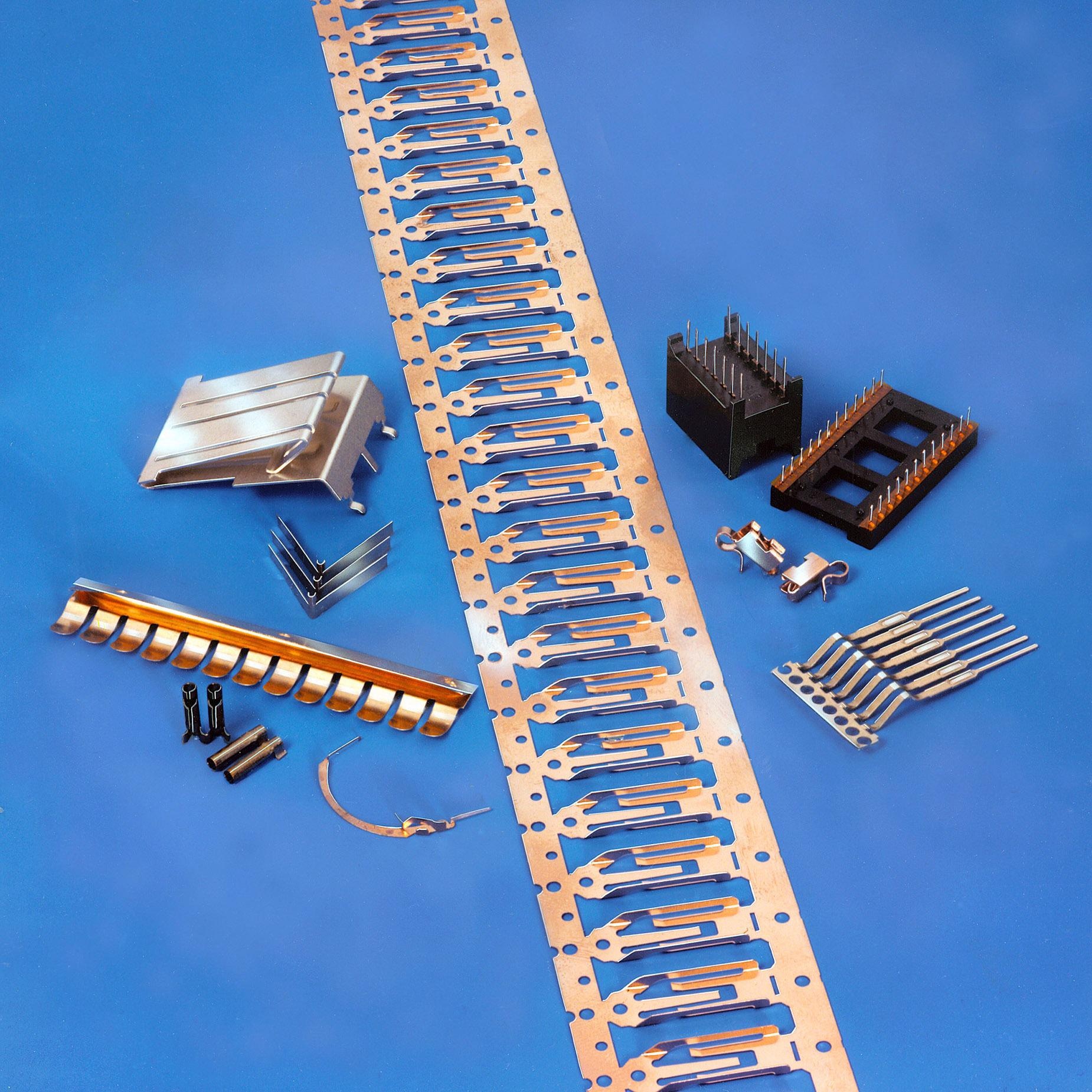Beryllium copper was widely considered a versatile material for applications ranging from electronics and computer components to aircraft brake systems and telecommunication equipment. It has good thermal and electrical conductivity and high ductility. However, its use brings with it significant downsides including extremely serious carcinogenic exposure risks for those who work with it and inhale its toxic dust and fumes.
 Fine Tubes Spinodal Alloys. Image Credit: AMETEK Specialty Metal Products (SMP)
Fine Tubes Spinodal Alloys. Image Credit: AMETEK Specialty Metal Products (SMP)
That is why discussions around severely restricting or even banning of beryllium copper are gathering pace. At the end of August 2020, OSHA (Occupational Safety and Health Administration) announced stringent revisions to its standards around the use of the material, particularly in the shipyard and construction industries, to simplify and improve compliance and enhance worker protection.
The changes focused on tailoring construction and shipyard standards to ensure exposure levels to beryllium copper are kept to trace amounts only. They also remove inconsistency with general industry standards and regulations around working with hazardous substances. OSHA estimates that around 62,000 workers are currently exposed to beryllium copper in the workplace, including approximately 50,500 workers in general industry and 11,500 construction and shipyard workers.
As well as OSHA, beryllium copper falls under the jurisdiction of official regulations from European directive, REACH (Registration, Evaluation, Authorisation and Restriction of Chemicals). It is officially considered by REACH to be a dangerous substance that is fatal if inhaled and toxic if swallowed. Both REACH and the RoHS (Restriction of Hazardous Substances) directives mandate keeping beryllium copper under close scrutiny. Toxic dust and fumes that are emitted from beryllium copper can lead to lung cancer and can also cause berylliosis, also known as chronic beryllium disease, which manifests in a range of distressing medical symptoms.
These carcinogenic exposure risks, along with the regulation changes announced by OSHA around the use of beryllium copper have driven the demand for safer replacement materials. AMETEK Specialty Metal Products (SMP) has engineered two specialized Spinodal Alloys, Pfinodal® (C72900) and AM-388TM (C72650), that deliver similar mechanical properties to beryllium copper but without the harmful exposure dangers and costs.
Matthew Lappen, Director of Sales and Marketing at AMETEK SMP, says:
“The global manufacturing industry has come a long way in its quest to protect the health of workers, recognizing the carcinogenic risks posed by beryllium copper and ensuring that regulations exist to eliminate the material as much as possible from the supply chain. This is clear to see from the attention that OSHA has given to safeguarding those who work with beryllium copper, and we welcome the safety moves in this direction that we are seeing across industry bodies and regulators.
“However, at AMETEK SMP, we are dedicated to taking things even further by producing our own safe, and high performance Spinodal alloys that offer comparable mechanical properties to beryllium copper but without the health risks.”
Spinodal alloys such as AMETEK SMP’s Pfinodal® (C72900) and AM-388™ (C72650) contain no carcinogenic compounds. They are heat treatable to high hardness and with less distortion than beryllium containing alloys. AM-388™ (C72650) also offers high electrical conductivity.
These desirable properties have led to the increasing adoption of Spinodal alloys in the electronics medical, automotive, and oil and gas sectors. Pfinodal® (C72900) has recently been used in high performance electrical connectors that operate in critical medical devices. The material is highly suited for electrical contacts as it exhibits great spring properties in the hardened tempers. Stamped parts in the forms of electronic connectors can be processed in the ductile form for intricate parts, and then heat treated to finish with high hardness and tensile properties.
Demand for Spinodal alloys in the oil and gas industry continues to grow due to their non-sparking, non-magnetic, and corrosion resistant properties. The fact Spinodal alloys do not generate carcinogenic toxic dust also makes them ideal for the bearings inside drill bits.
Spinodal alloys represent a safe, viable and, above all, non-toxic solution for the replacement of beryllium copper. This not only protects against the event of REACH, RoHS and OSHA mandates around hazardous substances becoming even more stringent in the future, but, far more importantly, helps safeguard the health of thousands of workers exposed to beryllium.